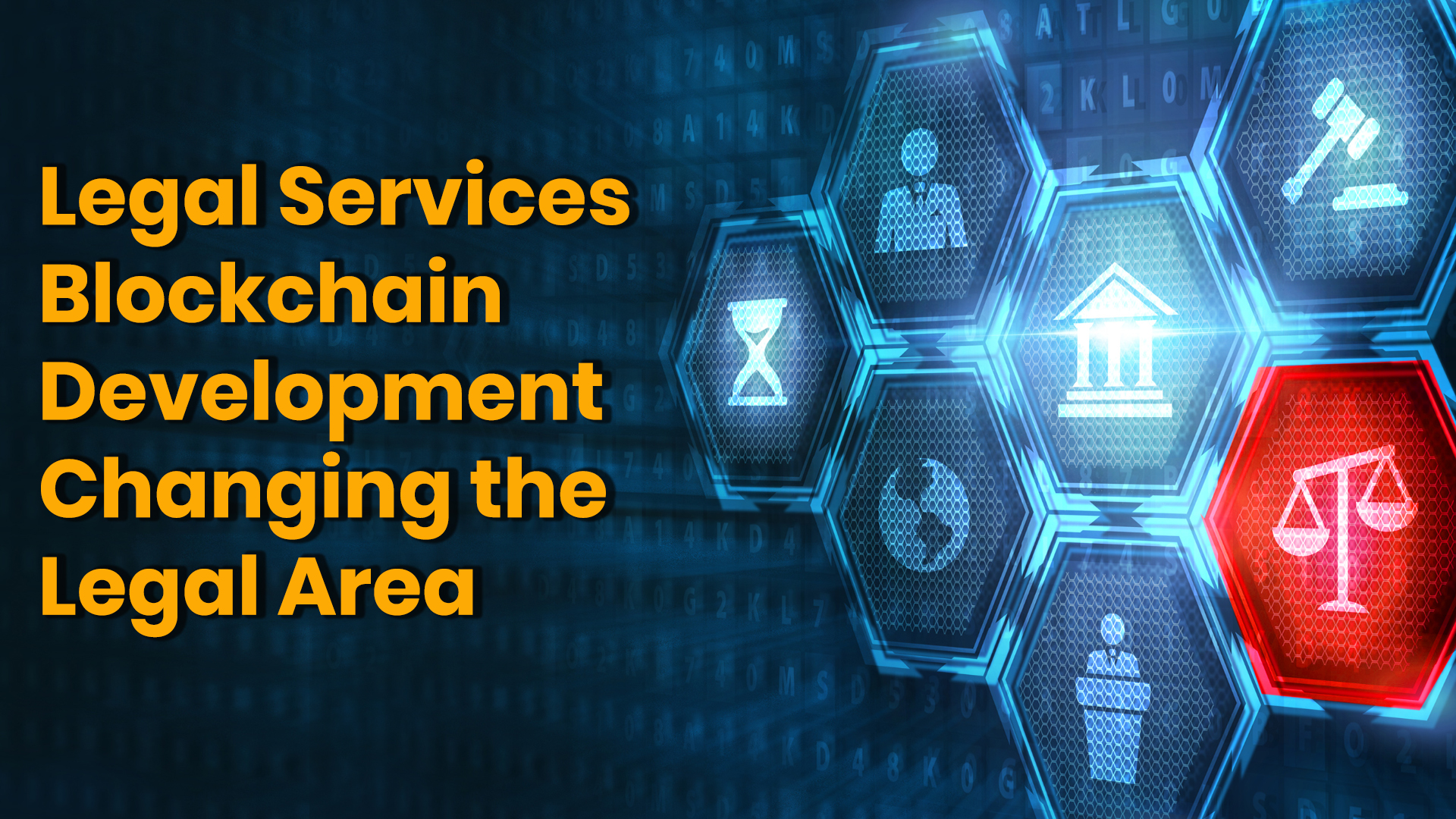
Legal Services: Blockchain Development Changing The Legal Area
- Blockchain technology has been implemented for enhanced client service, increased protection, and speeding up regulatory processes.
- Use Cases Smart contracts, document verification, and substantiation preservation are among the numerous operations of blockchain in the legal field.
Blockchain technology’s applications extend beyond cryptocurrency to a variety of fields, including legal services. The following article analyzes how the debut of blockchain technology has influenced the legal industry in terms of effectiveness, safety, and transparency. This article will investigate significant instances of application, challenges, and its fundamental influence on regulatory processes.
Applications Of Blockchain In The Legal Sector
Smart contracts for autonomous collaborations have become easier for developers and are maintained by blockchain technology. These tone-executing contracts automatically apply and corroborate the terms and conditions of legal agreements. Smart contracts may manage the exchange of assets in the real estate sector when certain requirements are met, overcoming demand for intermediaries and speeding the procedures. The invariability of blockchain technology makes it the perfect thing for the verification of papers and authentication. Choices, contracts, and patents could each be safely retained on a blockchain, offering their accuracy and stability. This decreases any likelihood of fake records or fraud, which is critical in lawsuits.
Challenges And Openings
- Regulatory Compliance
Blockchain’s decentralized nature raises questions about nonsupervisory compliance. To guarantee that the blockchain outcomes they deliver adhere to the law, legal interpreters need to negotiate an intricate set of limits. A strategy for regulating the use of blockchain technology in the legal field has been agreed upon by authorities throughout the globe.
- Integration into traditional workflows
Adopting blockchain technology requires legal professionals to acclimate to new tools and processes. Even though integrating blockchain into legal services may be tricky, the resulting benefits of higher safety and efficacy make the transition desirable. It will become crucial that one receives instruction and guidance in blockchain management.
The Implicit Impact On Legal Practices
- Effectiveness and cost reduction
Blockchain has the potential to significantly improve the effectiveness of legal processes. Automating contract prosecution, document verification, and other tasks can reduce homemade labor and the associated costs. By prioritizing extremely valuable positions, legal interpreters can improve relations with clients.
- Simplicity and trust
The honesty and durability of the blockchain promote faith in business deals. Guests can corroborate the authenticity of legal documents and the prosecution of smart contracts separately. This transparency lowers conflicts and encourages shared confidence among the two groups.
- Globalization and Availability
Blockchain transcends geographic boundaries, making legal services more accessible encyclopedically. Cross-border legal services and transactions are made available by smart contracts, which negate the necessity for agents in transnational partnerships.
Conclusion
By translating equality, safety, and effectiveness within the legal framework, blockchain development is poised to disrupt it. While genuine documents and proof of ownership secure the reliability of legal documents, smart contracts automate negotiations.
Even if non-supervisory compliance and integrating workflows pose difficulties, they entail benefits like savings on expenses, enhanced trust, and international connectivity, making blockchain an innovative force in the field of legal service providers. One should anticipate that legal procedures will get cut down, safe, and easily approachable later, as the legal industry keeps getting used to today’s technological advances.
